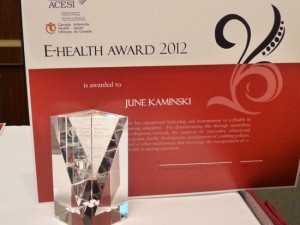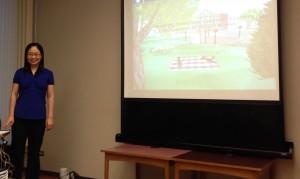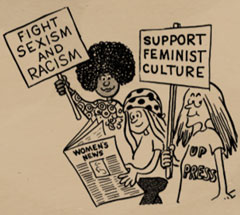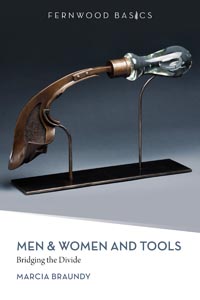Congratulations to Peter Halim for successfully defending his thesis titled “Video Gaming in the Classroom: Insights and Ideas from Teenage Students”! Peter made the minor edits and closed his MA program, meaning that he will graduate in November. The thesis can be downloaded from the CIRCLE database.
Video Gaming in the Classroom: Insights and Ideas from Teenage Students
Peter Halim
For this research, four high school aged teenagers participated in an intensive one week video gaming camp, at which time they articulated their attitudes and ideas about mainstream video games and their place in education. The purpose was to explore strategies for utilizing mainstream commercial video games for educative purposes in the classroom. The participants’ insights along with observations made on their interaction with video games were analyzed through Rogers’ Diffusion of Innovation and the General Aggression Model. In summary, the participants, more or less experts in gaming, enjoyed video games and described them as one of their favourite activities. Furthermore, it was found that video games played both a positive and negative role in the participants’ lives. For example, all participants seemed to have developed healthy values and relationships directly through playing video games during their pre-adolescent years. Conversely, their responses also indicated that they experienced limits to video games and did not see innovation from market and home to school as a smooth, trivial process. Rather, they provided key insights into aligning specific games with specific content, curriculum, and courses. The participants’ insights suggest that the use of mainstream video games for learning will most likely continue to be a fringe strategy implemented by individual teachers who actively discern the educational uses of video games. Game and gaming literacies are among the most recent entries into new literacies research. This thesis contributes to this research by exploring teenagers’ ideas about gaming in the classroom. In conclusion, this study finds that mainstream video games have potential to be effectively used as learning strategies in the classroom in the future pending on continued progress and interest in this endeavor.

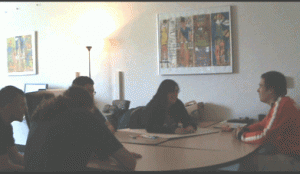
 Follow
Follow